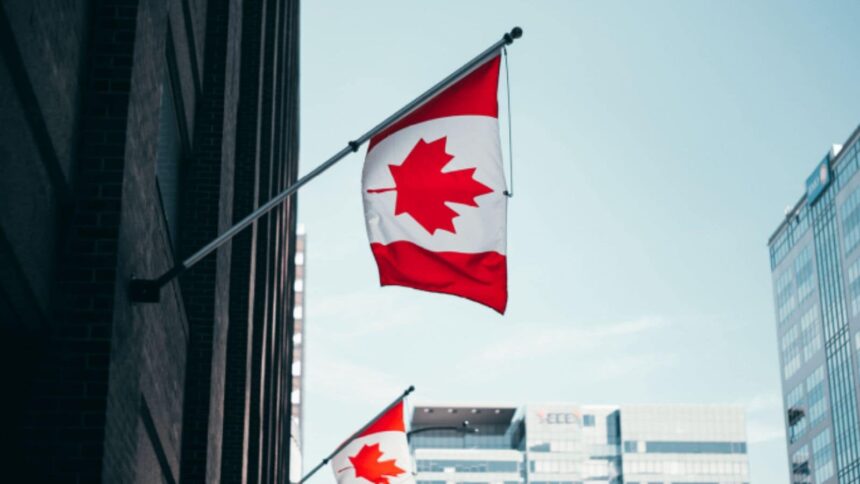The number of Canadian student visas issued to Indian students witnessed a 31 per cent drop in the first quarter of 2025 compared to the same period last year. Data from Immigration, Refugees and Citizenship Canada (IRCC) shows that only 30,640 Indian students received study permits between January and March 2025, down from 44,295 during the same period in 2024.
This decline is part of a broader tightening of international student admissions. Overall, Canada issued 96,015 study permits in early 2025 — a drop from 1,21,070 the year before. The shift follows policy changes introduced in late 2023 to curb temporary migration to curb pressure on housing, healthcare, and infrastructure.
Indian nationals have historically been the largest group of international students in Canada. In 2023, they accounted for 2,78,045 out of 6,81,155 total study permits. That number fell to 1,88,465 in 2024, with total permits slipping to 5,16,275.
The drop aligns with the campaign promises of newly elected Prime Minister Mark Carney, who pledged to cap the number of temporary residents — including students and foreign workers — at 5 per cent of Canada’s population by 2027. Following his election victory on April 28, Carney reaffirmed the government’s plan to scale back temporary migration levels.
As part of this effort, IRCC on September 18, 2024, introduced a new cap of 4,37,000 study permits for 2025, down from the 2024 limit of 4,85,000. The cap is expected to remain unchanged through 2026.
Alongside these limits, the government has doubled the financial proof required for study permit applicants. Since January 1, 2024, students must demonstrate access to at least CA$20,635 (Rs 12.7 lakh), up from the previous threshold of CA$10,000 (Rs 8 lakh). Additionally, a verification system launched in December 2023 mandates designated learning institutions to confirm each applicant’s acceptance letter before processing.








